The fighting rages on in Ukraine. After Kyiv announced it had retaken a town near the capital, the Pentagon confirmed it has seen indications Ukrainian forces are going on the offensive against Russia. On the southern front lines, Mykolaiv has managed to delay any Russian assault on the critical port of Odessa, though interviews in the city illustrate the price paid in lives lost. And in the battered coastal city of Mariupol, about 100,000 people remain trapped â many without food or water â in a bitter siege that Ukrainian President Volodymyr Zelensky described as âinhumane.â He accused Russian forces of capturing an aid convoy near the southern port city.
In remarks that Washington described as âdangerous,â the Kremlinâs spokesman refused to rule out the possibility that Russia could resort to nuclear weapons if it faces an âexistential threat,â which he did not specify. Still, the Pentagon said it saw no need to change its deterrent posture.
Hereâs what to know
Poland expels 45 Russian diplomats it accuses of being spies
Return to menuPoland has expelled 45 Russian diplomats it accuses of being spies, the countryâs Minister of the Interior, Mariusz KamiÅski, said Wednesday â as Russian officials warned the move would elicit a response.
âPoland expelled 45 Russian spies pretending to be diplomats,â KamiÅski said on Twitter. âWith full consistency and determination, we are breaking up the agents of the Russian secret services in our country.â
Russiaâs state-run news agency, TASS, reported that Russiaâs Ambassador to Poland had received a note from Polandâs Foreign Ministry on the expulsion of 45 Russian diplomats. The ambassador was summoned by the Foreign Ministry, state-owned RIA Novosti reported, and a video posted on Telegram by the outlet showed him arriving at the ministry around 11 a.m. local time.
Earlier Wednesday, the Polandâs Internal Security Agency said it had provided the Ministry of Foreign Affairs with a list of 45 âofficers of the Russian secret services and their associates who, while in Poland, enjoy diplomatic status,â and suggested them as candidates for expulsion in light of Russiaâs invasion of Ukraine and Russiaâs policies toward Poland and its allies.
StanisÅaw Å»aryn, a spokesperson for the Special Services Coordinator, told The Washington Post that the 45 names included individuals known to be working for Russiaâs secret services, and others who, while benefiting from diplomatic status in Poland, aided the work of Russian secret services.
Meanwhile, Russian Foreign Ministry spokeswoman Maria Zakharova told RIA Novosti that Moscow would ârespond appropriatelyâ if Russian diplomats were expelled from Poland.
German chancellor warns embargo of Russian oil and gas would wreak havoc on economy
Return to menuBERLIN â German Chancellor Olaf Scholz on Wednesday reiterated his call for energy independence from Russia but said sanctions and import controls should not deal a heavier blow to Europe than to Russiaâs leadership.
An immediate embargo of Russian oil and gas, he said, would wreak havoc on the German economy, risking entire sectors and hundreds of thousands of jobs. Scholz last month halted certification of the Nord Stream 2 natural gas pipeline connecting Germany to Russia, but he has rejected demands to shut down its forerunner, Nord Stream 1, instead saying Germany can rapidly wean itself off Russian supplies.
Germany has already faced skyrocketing fuel prices in recent weeks. Scholz said as part of his remarks, delivered in the Bundestag during a debate over the federal budget, that financial support for residents would offset painful price increases.
The chancellor also hailed President Bidenâs visit to Brussels for an emergency NATO summit, saying, âRarely has the unity of the European Union, the solidarity within NATO and the agreement of the G-7 been as great as it is today.â
Putin plans to attend G-20 summit amid calls for exclusion
Return to menuRussiaâs ambassador to Indonesia told reporters Wednesday that Russian President Vladimir Putin intends to attend the Group of 20 summit that the Southeast Asian country is hosting in October. Western nations reportedly are trying to exclude Moscow from the G-20, a group of large global economies.
âNot only the G-20, many organizations in the West are now trying to expel Russia,â Ambassador Lyudmila Vorobieva said. âThe reaction of the West is absolutely unproportional. â¦Expelling Russia from the economic forum will not help economic problems to be solved.â
She praised Indonesiaâs âfirm positionâ and urged it not to buckle under Western pressure. Jakarta has long had close relations with Moscow, and Indonesian President Joko Widodo recently told Japanese news magazine Nikkei Asia that he supported a cease-fire but viewed economic sanctions as a poor tool.
Polish Economic Development and Technology Minister Piotr Nowak proposed excluding Russia from the G-20 during a meeting last week with U.S. Commerce Secretary Gina Raimondo, he told reporters.
White House national security adviser Jake Sullivan said Tuesday that it âcannot be business as usual for Russia in international institutions and in the international community,â but that Washington would consult with its allies and partners.
Russian membership in the Group of Eight, an organization of leading industrialized nations, was suspended following Putinâs annexation of Crimea in 2014.
U.S. officials condemn Kremlin spokesman for refusing to rule out use of nuclear weapons in Ukraine
Return to menuThe United States has expressed concern after a Kremlin official refused to rule out the possibility that Russia would use a nuclear weapon in Ukraine.
Dmitry Peskov, press secretary for Russian President Vladimir Putin, told CNNâs Christiane Amanpour on Tuesday that Russia would use its nuclear arsenal only in the case of an existential threat.
âWe have a concept of domestic security, and well, itâs public. You can read all the reasons for nuclear arms to be used,â he said. âSo, if it is an existential threat for our country, then it [the nuclear option] can be used in accordance with our concept.â
The Pentagon called the remarks âdangerous,â while seeking to downplay the risk of a nuclear conflict.
President Putin has raised the threat of using nuclear weapons â and his spokesperson Dmitry Peskov refused to rule out their use, in an interview with me tonight. pic.twitter.com/uxQqncLGYN
— Christiane Amanpour (@amanpour) March 22, 2022âItâs not the way a responsible nuclear power should act,â Defense Department spokesman John Kirby said. However, he said the Pentagon has not âseen anything that would lead us to conclude that we need to change our strategic deterrent posture.â
In a news briefing Monday, Kirby had said the Pentagon had no indication that Russia is planning to install nuclear weapons in Belarus, and he would not respond to a question about whether the United States would view that as an escalation in the conflict.
Former U.S. defense secretary Leon Panetta also called Peskovâs comments âdangerous.â But he told CNN, âI donât know that itâs going to happenâ because âPutin has to worry about how the U.S. would respond, and he has to worry about his own survival.â
Since the start of Russiaâs invasion of Ukraine, Putin and his officials have cultivated doubt around the possibility that Russia might use its nuclear weapons in Ukraine.
In his speech announcing Russiaâs âspecial military operationâ there, Putin warned countries that interfered in Ukraine that they would face consequences âsuch as you have never seen in your entire history,â a remark that many analysts saw as a veiled nuclear threat. And in late February, Putin ordered nuclear forces on alert.
When asked by Amanpour on Tuesday whether Putin would use the nuclear option, Peskov said: âPresident Putin intends to make the world listen to and understand our concerns. We have been trying to convey our concerns to the world, to Europe, to the United States, for a couple of decades, but no one would listen to us.â
U.N. food chief warns rich countries to get ready for âhell on Earthâ
Return to menuRussiaâs invasion of Ukraine could lead to famine in Africa and the Middle East if Europe does not urgently increase funding to the U.N. World Food Program, its executive director, David Beasley, has warned.
Beasley told Politico that the World Food Program (WFP) is âbillions shortâ on funding due to inflation caused by the pandemic, as well as the impact of climate change and conflict. He warned European leaders, who are meeting to discuss the global food crisis sparked by the war in Ukraine, that âfailure to provide a few extra billion dollarsâ this year would mean âfamine, destabilization and mass migrationâ for the world.
âIf you think weâve got hell on Earth now, you just get ready,â Beasley said, adding that the situation is likely to worsen later this year, spurring migration. âIf we neglect northern Africa, northern Africaâs coming to Europe. If we neglect the Middle East, [the] Middle East is coming to Europe.â
Supply chains around the world have been disrupted by the war, and the prices of food and fuel are surging from the United States to Europe. Middle Eastern and African countries that rely heavily on Black Sea grains and vegetable oils are also witnessing soaring prices.
An estimated 13 million people in Yemen rely on food aid from the U.N. agency â and 45 percent of the Haitian population struggles with food insecurity. The WFP has also warned that its funds for Afghanistan are dwindling, due to rising food prices and the diversion of foreign aid to help those fleeing Ukraine.
Zelensky says aid convoy âcapturedâ by Russians; 100,000 still trapped in Mariupol
Return to menuAt least 100,000 people are still living under worsening humanitarian conditions and fearing for their lives in the besieged southern port city of Mariupol, Ukraineâs leader said in a nightly video address Tuesday.
Zelensky said officials were doing âeverything we can to free our people,â from the strategic city. Ukrainian and Russian forces have battled in the streets of Mariupol as Moscow attempts to claim an area that would cement its control of the Black Sea coast from the Russian-controlled Crimean Peninsula to the Russian border.
âAs of today, there are about 100,000 people in the city in inhumane conditions. In a complete blockade. No food, no water, no medicine. Under constant shelling, under constant bombing,â Zelensky said of Mariupol, which has come under some of the fiercest Russian bombardment since the conflict began. Before the conflict, Mariupol had an estimated population of about 441,000.
He said Ukrainian officials have been trying to stabilize humanitarian corridors to allow in food, water and aid for more than a week. However, âalmost all our attempts, unfortunately, are disrupted by the Russian occupiers by [their] shelling or deliberate terror,â he added.
Zelensky also said a humanitarian convoy on its way to the city was âcaptured by the occupiersâ on an agreed route near the region of Mangush, west of Mariupol. He said bus drivers and employees of the State Emergency Service âwere taken prisoner.â
âDespite all the difficulties, 7,026 Mariupol residents were rescued today,â he added.
Ukrainian presidential adviser Kirill Timoshenko said Wednesday in a Telegram post that humanitarian corridors would continue to operate from Mariupol to the city of Zaporizhzhia about 140 miles to the northwest. An update form the Mariupol City Council on Wednesday said that almost 45,000 people have been evacuated since fighting began.
Zelensky also confirmed that Greek Foreign Minister Nikos Dendias has expressed an intention to personally accompany a shipment of humanitarian aid to Mariupol, which historically has had a significant ethnic Greek population.
Human rights groups have documented what they say are brutal tactics by Russian forces in the city, depriving residents of water and food and forcing them to shelter in basements. Most cellphone communication has been cut off since early March, meaning that only incomplete reports of residentsâ ordeals have filtered to the outside world.
Zelensky said late Tuesday that negotiations with Russia are continuing. âWe continue to work at various levels to force Russia to peace, to end this brutal war,â he said. âItâs very difficult.â
Amar Nadhir and Amy Cheng contributed to this report.
Greek foreign minister says he will personally deliver aid to Mariupol
Return to menuGreek Foreign Minister Nikos Dendias said Tuesday that he intends to accompany a shipment of humanitarian aid to Mariupol, the besieged southern Ukrainian city that has historically had a significant ethnic Greek population.
Today I also sent a note verbale to the Ukrainian side asking for the facilitation of the delivery of humanitarian aid in #Mariupol and another note verbale to the Russian side asking not to obstruct it. I intend to accompany this aid in person. pic.twitter.com/h9VDer03oa
— Nikos Dendias (@NikosDendias) March 22, 2022Dendias said he has notified Kyiv and asked Russian forces not to interfere with his efforts. Greece, which is a member of both NATO and the European Union, will continue to be âpresent in the region ⦠where Greeks settled centuries ago,â Dendias said.
Some 100,000 Ukrainians of Greek origin lived in Mariupol before the Russian invasion, according to Athens. Greek Prime Minister Kyriakos Mitsotakis has pledged to help rebuild a maternity hospital in Mariupol that was destroyed by an airstrike.
In a video address to his nation Tuesday evening, President Volodymyr Zelensky said he welcomed the personal effort from Dendias. He added that thousands of residents are living under worsening conditions and fearing for their lives in the besieged port city.
âI am grateful to the minister of foreign affairs of Greece, who was the first European official to decide to support the work of our humanitarian corridors in Mariupol, to evacuate our people from the city and bring in humanitarian aid, which is crucially important for everyone,â Zelensky said.
Adela Suliman contributed to this report.
Memphis hospital to care for 4 Ukrainian children with cancer
Return to menuFour Ukrainian children who had to halt cancer treatments because of the Russian invasion were airlifted from Poland to Tennessee to resume their medical care, State Department spokesman Ned Price said Tuesday.
The children will be cared for at St. Jude Childrenâs Research Hospital in Memphis.
Secretary of State Antony Blinken said on Twitter that the State Department was âhumbledâ to help the four children come to the United States. They are between 9 months and 9 years old, the hospital said in a news release.
Children are among the most vulnerable in a crisis. We are humbled to help airlift 4 Ukrainian pediatric oncology patients in need of urgent, highly specialized treatment to @StJudeResearch. These kids will safely resume critical cancer therapy disrupted by Russiaâs aggression. pic.twitter.com/2d3OTAg7IZ
— Secretary Antony Blinken (@SecBlinken) March 22, 2022St. Jude will give the children and their immediate family members food and other support, Price said in a statement. In addition to cancer treatment, patients will receive trauma-informed psychosocial therapy, St. Jude said.
âThis is exactly why my father founded St. Jude Childrenâs Research Hospital. When he said no child should die in the dawn of life, he did not mean just Americaâs children and it is why St. Jude Global exists today. My sisters and I are very proud to carry on his legacy,â Tony Thomas, a board member and the son of hospital founder Danny Thomas, said in a statement.
The State Department arranged the trip after some European hospitals that have been caring for cancer patients coming out of Ukraine reached capacity, Price told reporters at a news briefing later in the day.
First lady Jill Biden, who lost her eldest son Beau Biden to a brain cancer in 2015 and has long advocated for supporting cancer patients and their families, reportedly plans to visit the children.
.png)
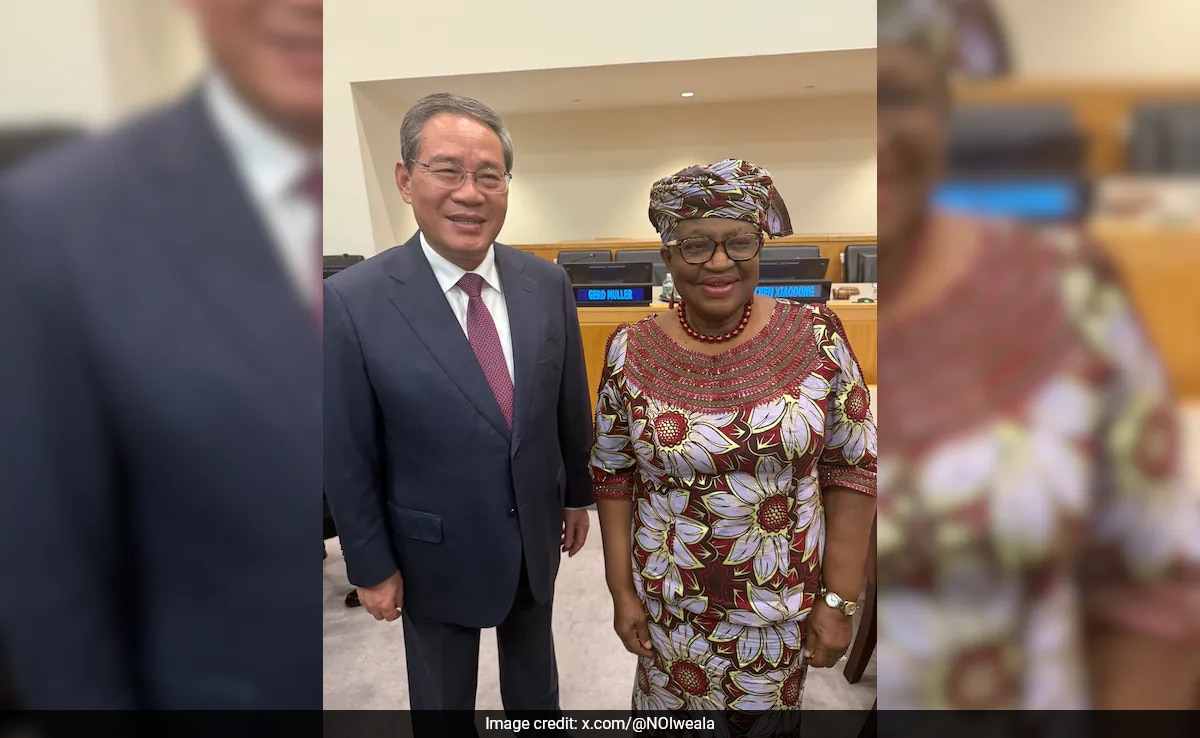
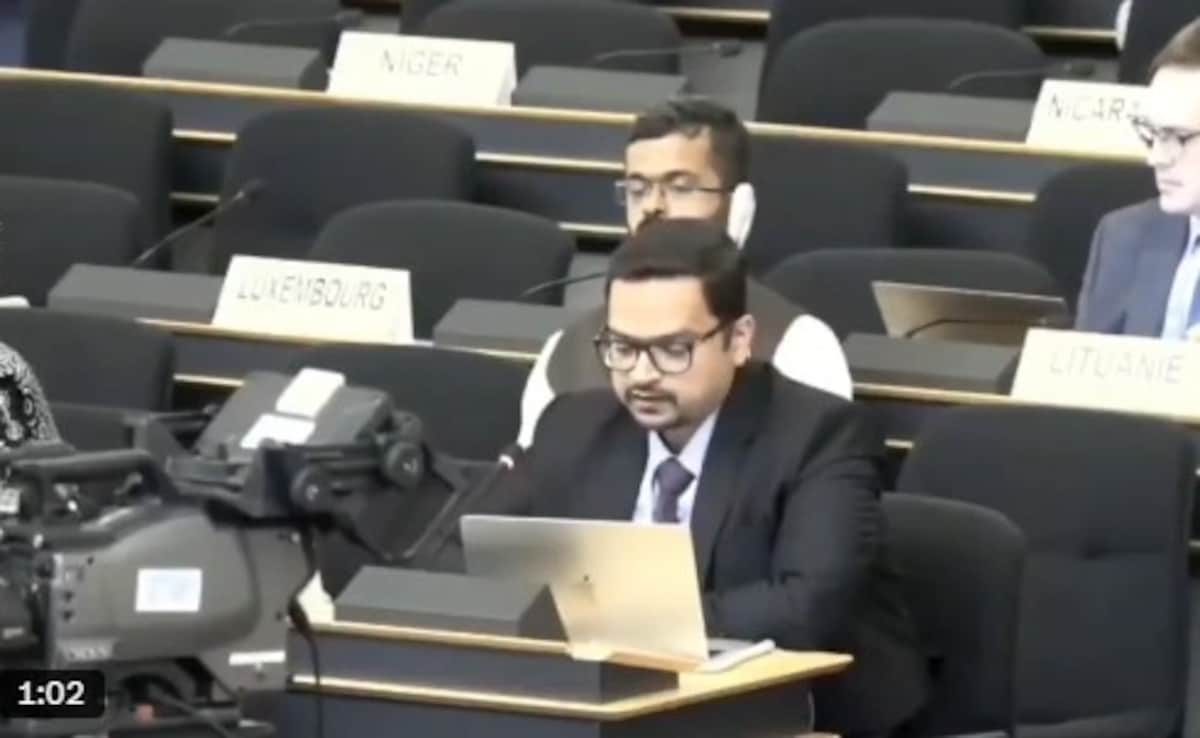
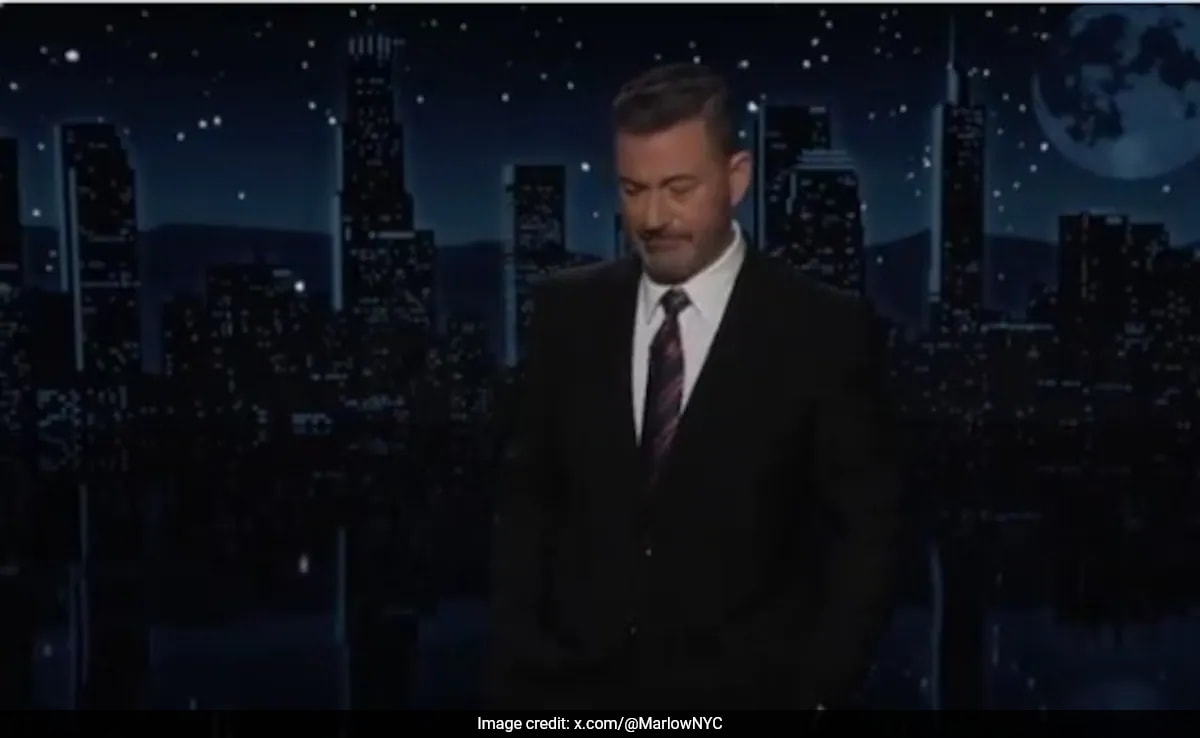
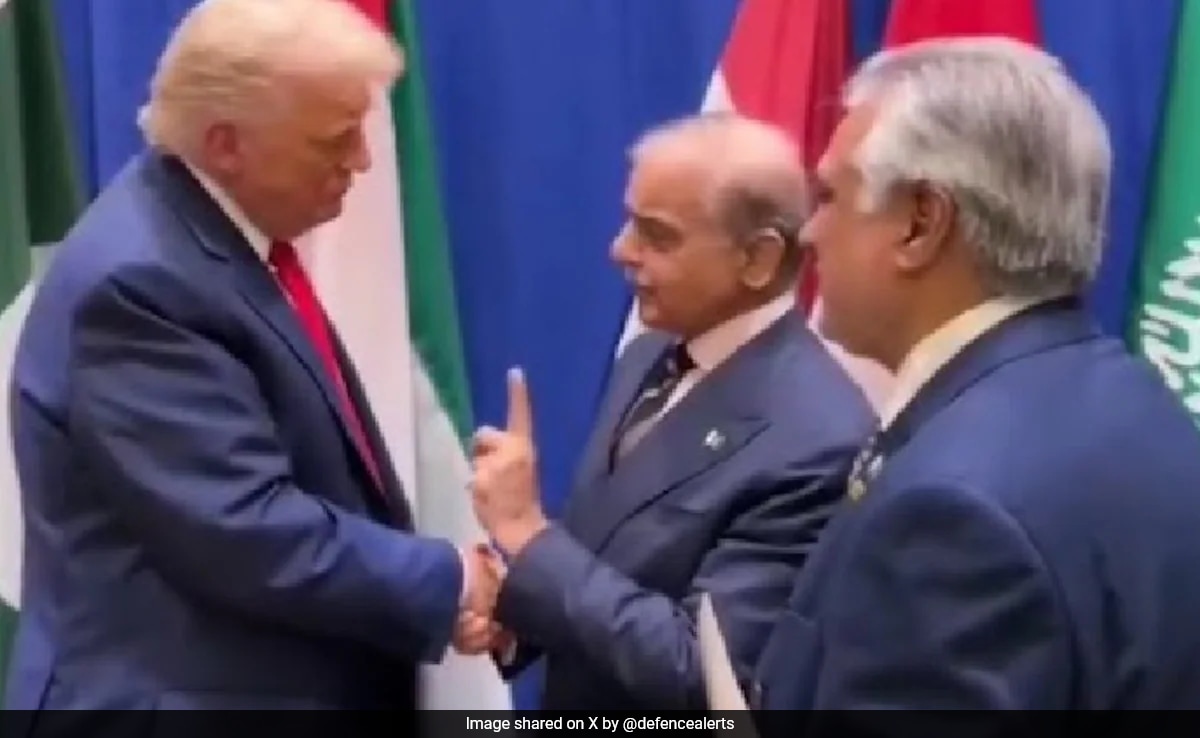
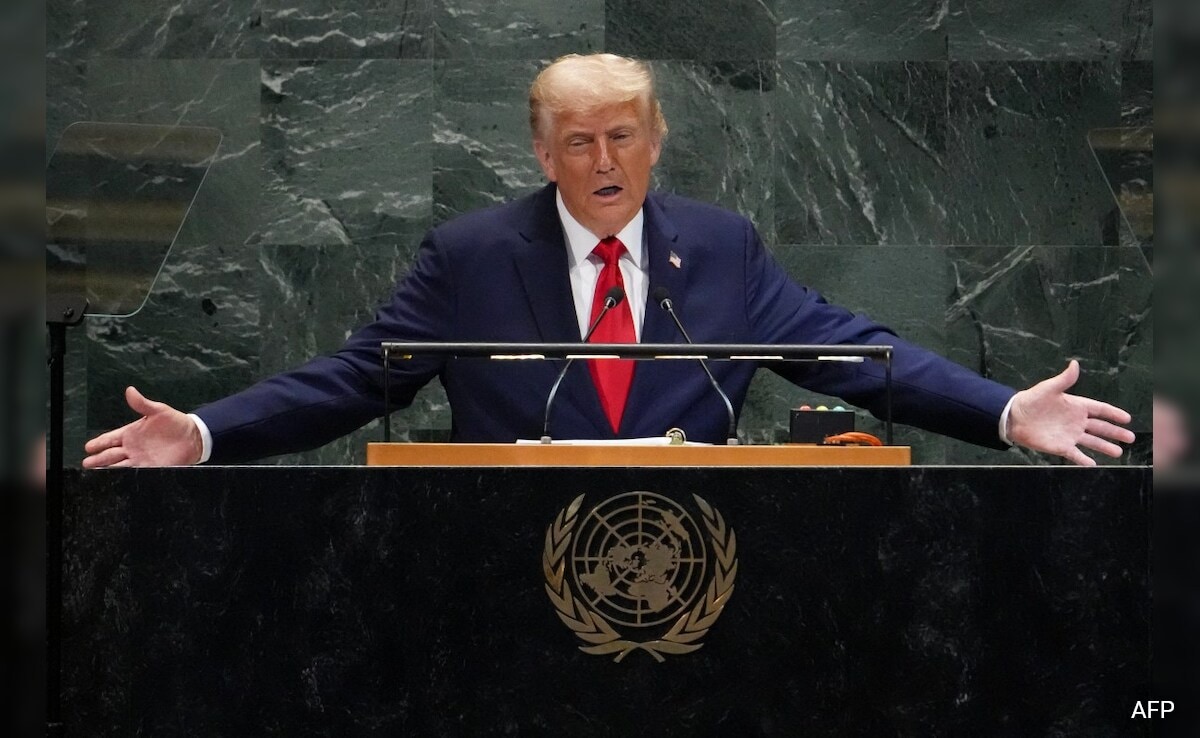






 English (United States) ·
English (United States) ·  Turkish (Turkey) ·
Turkish (Turkey) ·